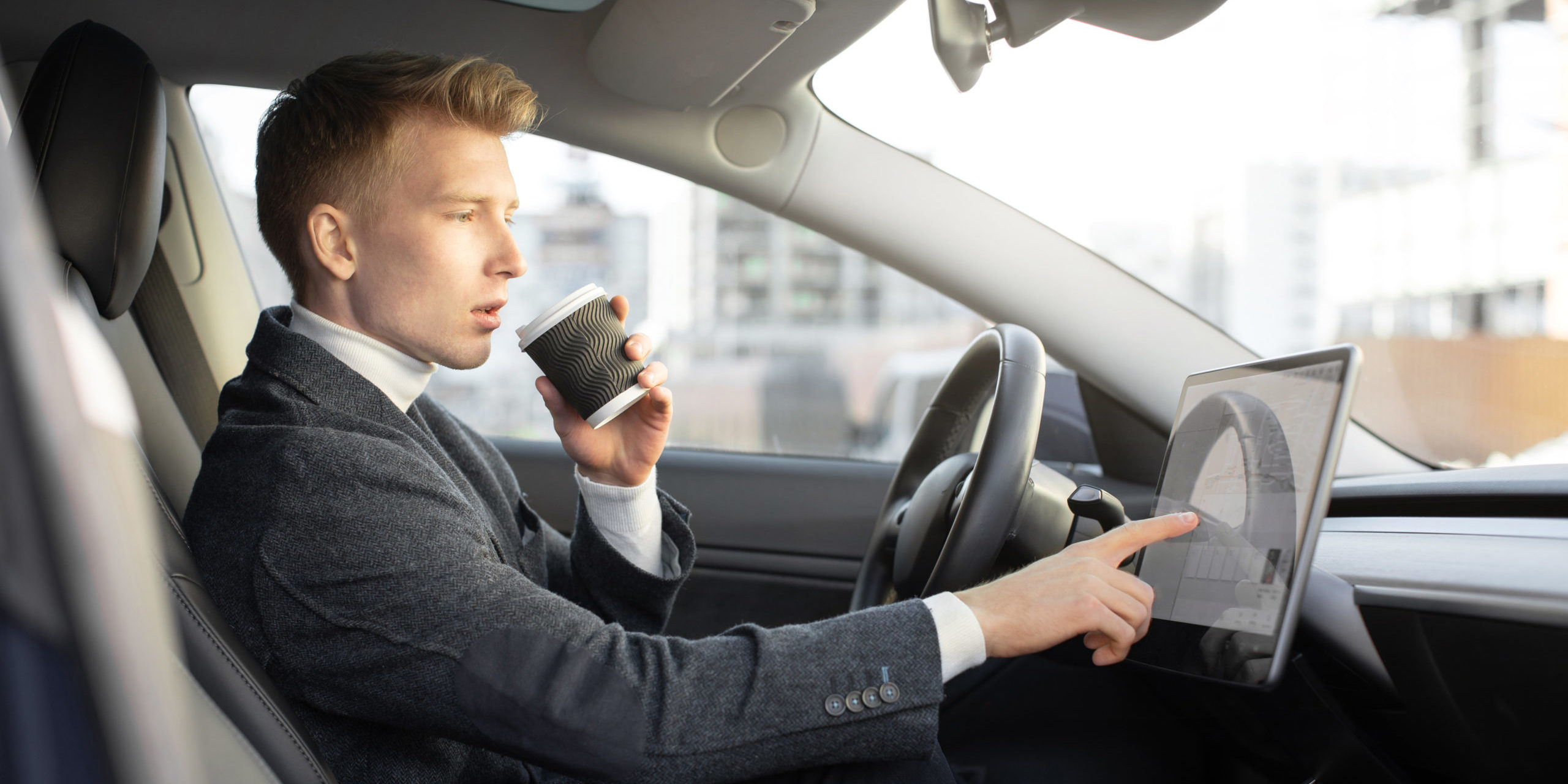
Is New Technology in Vehicles Causing an Increase in Car Accidents?
In recent years, the automotive industry has experienced a significant transformation driven by technological advancements that aim to enhance vehicle performance, safety, and comfort. These advancements, which include autonomous driving capabilities, connected car technology, and electrification, bring an immense amount of safety concerns that demand thoughtful scrutiny and regulation. They also raise many legal questions.
Autonomous Driving Technology
Autonomous driving, arguably one of the most groundbreaking innovations, leverages artificial intelligence, sensors, and other technology to facilitate vehicles that can drive themselves, minimizing or even eliminating the need for human drivers. The potential benefits of this technology are impressive. For example, proponents of new automotive technology suggest that it could reduce the number of accidents caused by human error.
The rapid deployment of autonomous vehicles (AVs) also raises substantial safety concerns. Autonomous systems rely heavily on software, which can be prone to glitches and hacking, potentially leading to unforeseen accidents. Moreover, the technology sometimes struggles to interpret complex road scenarios that a human driver could more easily navigate, sometimes resulting in collisions, as evidenced in several fatal accidents involving autonomous vehicles in recent years. According to the National Highway Traffic Safety Administration’s 2022 data, eleven fatal crashes involving an automated vehicle occurred from May to September.
Connected Car Technology
Connected car technology is another innovation that was recently introduced to the automotive industry. This technology allows vehicles to communicate with each other and includes infrastructure to enhance safety and traffic flow. This Vehicle-to-Everything (V2X) communication promises to reduce traffic congestion and potentially prevent accidents by providing real-time updates to drivers or autonomous systems. However, connected cars are vulnerable to cyber-attacks, which could compromise personal data or even allow malicious actors to take control of a vehicle remotely, posing significant safety and security risks.
Electrification Technology
Electrification is transforming the auto industry by reducing dependence on fossil fuels and decreasing greenhouse gas emissions. Electric vehicles (EVs), equipped with large batteries and electric propulsion, bring new safety concerns. The batteries can, in some cases, pose fire risks, especially in the event of an accident. Moreover, the silent operation of EVs can be a safety hazard for pedestrians and cyclists, who traditionally rely on auditory cues to gauge the proximity of vehicles.
Other New Vehicle Technologies
Apart from these technologies, the incorporation of advanced driver-assistance systems (ADAS) like lane-keeping assistance, adaptive cruise control, and automatic emergency braking have brought significant changes to a person’s driving experience. While these systems are designed to enhance safety, they sometimes foster over-reliance, encouraging drivers to engage in distracted driving, assuming the system will compensate for their lack of attention. This false sense of security can potentially lead to more accidents, as these systems are not foolproof and still require a driver’s constant attention.
In addition to over-reliance, some of these added safety systems actually create additional hazards when they deploy, including the activation of emergency braking misreading cues, and creating a rear-end accident when the driver was fully in control of the situation.
Legal Considerations Related to New Vehicle Technology
Aside from the safety considerations discussed above, there is also a wide range of legal issues raised by new automotive technology. Most notably, what amount of fault, if any, is attributable to technology companies or vehicle manufacturers when technology plays a role in causing an accident?
For example, all autonomous vehicle manufacturers clearly inform drivers that the technology is not a substitute for constant human attention. At the same time, AV commercials glamorize the reduced human interaction needed to operate these vehicles, sending drivers mixed signals. This begs the question, should the manufacturer of an autonomous vehicle be at least partly liable in a car accident caused by a driver who disregards the manufacturer’s warning not to over-rely on AV technology?
Another scenario where AV technology presents interesting legal—and ethical—considerations involves scenarios where an accident is unavoidable, and the vehicle’s AI system must make split-second decisions that could potentially determine the fate of the occupants or pedestrians. For example, in the event that an AV system detects an unavoidable accident, should the vehicle swerve to avoid pedestrians in the roadway at risk of causing injury to the occupants? Or should the AV system apply the brakes, fully knowing that the vehicle will not come to a complete stop in time to avoid hitting the pedestrian?
In conclusion, the proliferation of new technologies in cars presents a double-edged sword, offering the promise of safer, more efficient, and environmentally friendly transportation while raising significant safety and security concerns. As the auto industry navigates this transformative period, the goal must be to leverage the benefits of these technologies while implementing measures to reduce the risks, ensuring the safety and well-being of drivers, passengers, cyclists, and pedestrians.
Have You Been Injured as a Result of an Accident Involving New Car Technology?
If you were recently hurt in a South Carolina car accident and believe that new vehicle technology, such as autonomous vehicle technology, played a role, reach out to the Steinberg Law Firm for immediate assistance. The dedicated Charleston car accident lawyers at the Steinberg Law Firm have been serving the Lowcountry since 1927, aggressively pursuing fair compensation on behalf of injury victims. We understand the challenges and frustrations accident victims face when pursuing a personal injury lawsuit, and we are here to make the process as smooth as possible. To learn more and to schedule a free consultation today, give the Steinberg Law Firm a call at 843-720-2800. You can also reach us through our online contact form.




















